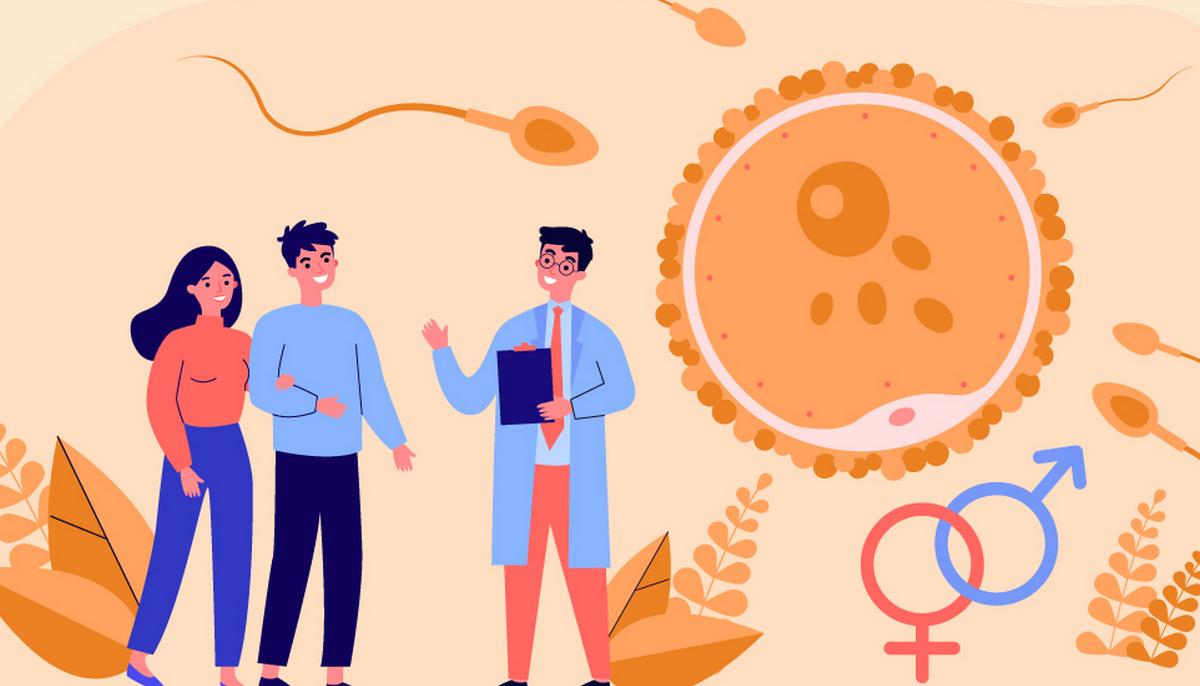There are several steps that you must follow if you have been trying for more than a year to have a child and still haven't succeeded. The first step is to schedule a consultation with a doctor who has an overspecialization in couple infertility and assisted human reproduction.
First consultation, diagnosis and infertility treatment
During the first consultation, the specialist doctor will find out details about the medical history of both partners and will begin the evaluation of the couple's fertile potential. Both partners will receive additional information about the list of investigations they need to perform and complete an infertility form.
During the same consultation, the female patient can also perform a gynecological check-up, for a first assessment of the state of health.
Infertility analyzes and investigations
The investigations and analyzes that are recommended for establishing the cause of infertility in women aim at:
- Ovulation testing. This is a blood test that measures hormone levels to determine whether or not there is ovulation.
- Sonohysterosalpingography with contrast or hysterosalpingography. These examinations can provide information about the fallopian tubes and uterine cavity.
- Ovarian reserve testing.
- Pelvic ultrasound, which helps diagnose disorders of the uterus or appendages.
In certain cases, hysterosalpingography and hysteroscopy or endo MRI may be recommended to diagnose endometriosis.
The investigations and analyzes required for the diagnosis and treatment of infertility in men can be:
- Semen
- Sperm culture and urethral cultures
- Urological consultation
- Hormonal tests and testing for sexually transmitted diseases
- Imaging investigations
- Tests for evaluating sperm quality
These investigations are generally done within the second specialized control.
Following the received results, the doctor will interpret them and complete the infertility form with the new findings, which may include either a diagnosis or an identification of the cause of infertility. He can additionally recommend various other interdisciplinary medical investigations, such as:
- Consult Diabetes and nutritional diseases
- Genetic tests
- Psychological counseling
- Endocrinology
Once the cause that led to infertility is identified, the couple can already receive treatment for the related ailments they are suffering from, which they can administer until the next specialist consultation.
Treatment options for infertility
During a new consultation, the couple is re-evaluated, following the treatment administered for related conditions that can prevent pregnancy, such as autoimmune diseases or various types of infections. The re-evaluation also involves the interpretation of the conclusions/diagnosis received following interdisciplinary consultations.
The specialist doctor will tell the patients what are the exact causes of infertility and will mention the main treatment options, which will make it easier to get pregnant.
These treatment options can include either drug treatment or various medical procedures that can increase the chances of getting pregnant.
Also within the same consultation, the most efficient method of assisted human reproduction can be chosen: in vitro fertilization, intracytoplasmic sperm injection or intrauterine insemination.
Depending on the choice made, the patient will begin the process of assisted reproduction, receiving essential details about all the stages he has to go through.







